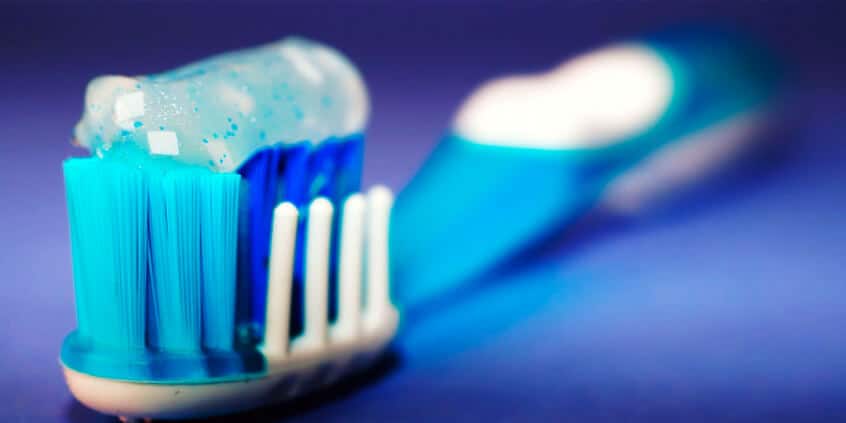We all know what happens when you don’t brush your teeth enough: plaque and other bacteria build up, wearing down tooth enamel and making way for cavities and gum disease. But is it possible to brush your teeth too much?
What Happens When You Brush Your Teeth
Brushing your teeth helps remove any food residue and plaque buildup on tooth enamel and also prevents bad breath. If you use a whitening toothpaste, you can also get a brighter smile by brushing your teeth regularly.
Dentists recommend that you brush your teeth at least twice per day for two minutes at a time, although some people prefer to brush their teeth for a third time in the afternoon as well, right after lunch. This is especially important if you tend to eat sugary or acidic foods, which can wear down tooth enamel faster.
What Happens When You Brush Too Much
Brushing your teeth more than three times a day or for longer than two minutes may sound like a surefire way to prevent cavities and gum disease, but consider how you brush in addition to how often you brush. Dragging the toothbrush in back and forth motions across your teeth and gums can scratch your gums, making them sensitive and painful to the touch.
Even if you have the proper brushing technique down, brushing more often doesn’t do much more for your oral health than just brushing two to three times a day. You can’t remove much more plaque if there isn’t any buildup on your teeth in the first place!
If you’re brushing your teeth more frequently than usual to remove plaque or food particles from hard-to-reach places, it may be best to opt for floss or a dental pick instead. If you’re overeager about brushing simply just to whiten your teeth, you should opt for home whitening kits or get professional whitening done at your dentist’s office. At Today’s Dental, we offer one-visit teeth whitening as well as at-home custom whitening trays with a strength that you can’t find at the drugstore.
How to Brush Your Teeth Correctly
Dentists recommend that you brush your teeth using quick, tiny circles, making sure not to press the toothbrush on your teeth too hard. This way your teeth get an effective clean without putting your gums in harm’s way.
Think you need more cleaning? Remember to schedule professional dental cleanings and exams at least twice a year. Our staff at Today’s Dental is here to help you with your smile.
Schedule Your Appointment Today!










